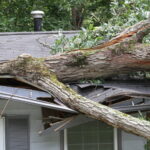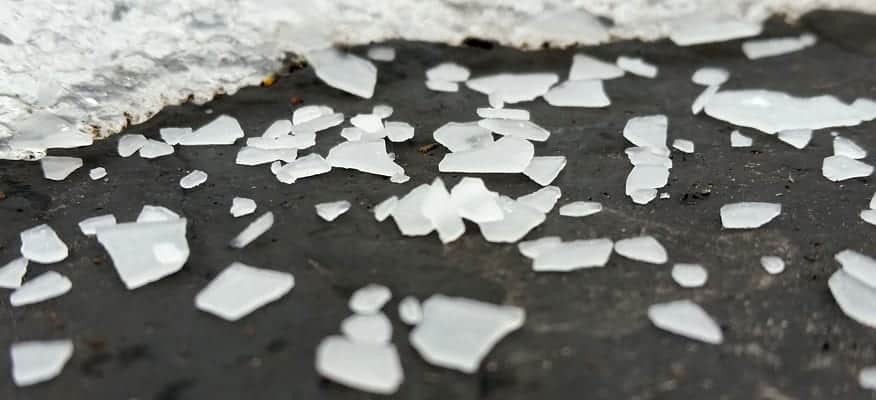Magnesium chloride salt is also an effective alternative for melting snow. Unlike regular salt, this salt does not damage concrete or nearby plants. In addition, it is a much less toxic product than other salts.
In winter, calcium and magnesium chloride for sale are sometimes used as gritting granules. These are so-called wet salts, which can be used to a limited extent as alternatives to road salt because they cause less damage than de-icing salt and grit.
Sodium chloride (NaCl), magnesium chloride (MgCl2), calcium chloride (CaCl2), magnesium chloride-calcium chloride salt mixtures, and potassium formate and sodium formate are generally used as spreading agents. The usual de-icing salt consists of sodium chloride, rock salt, or table salt.
Insoluble components, such as clay, and other salts, such as calcium sulfate or gypsum, occur as natural accompanying substances in the grit. Sodium chloride is the cheapest de-icing salt and is suitable for temperatures from -1°C to -10°C, while magnesium, calcium chloride, potassium formate, and sodium formate are more suitable for lower temperatures.
Accordingly, road salt from Ninja De-Icer for example is most commonly used grit for winter road maintenance. The average demand is around 1.5 million tonnes per season but varies enormously depending on the severity of the winter.
Is Calcium Chloride Or Magnesium Chloride Better Than Road Salt?
Calcium chloride and magnesium chloride solutions are partially suitable as winter grit. They are wet salts and, in contrast to sodium chloride dry salt, adhere better to the road and have a greater dew effect. This makes it more effective on black ice. Reduced drifting of wet salt can reduce road salt consumption. In addition to the associated lower costs, the concentration of road salt in the ground, the damaging effect on trees and plants, and components at risk of corrosion (bridges, motor vehicles) are reduced. On the other hand, the special adhesive properties mean they remain on car bodies, bridge structures, and vegetation for longer, meaning contact damage can occur more frequently, especially in inner-city areas.
Conclusion:
All grits containing chloride accelerate corrosion on vehicles, bridges, and buildings.
In terms of price, calcium and magnesium chloride cost twice as much as normal de-icing salt.
- Calcium chloride makes surfaces hard and sticky
- Calcium chloride causes chlorine corrosion and molten salt corrosion
Many municipalities also prohibit using calcium chloride as de-icing salt in the area around their zoological gardens and excellent dog parks. This means neither calcium nor magnesium chloride is an environmentally friendly alternative to de-icing salt.










